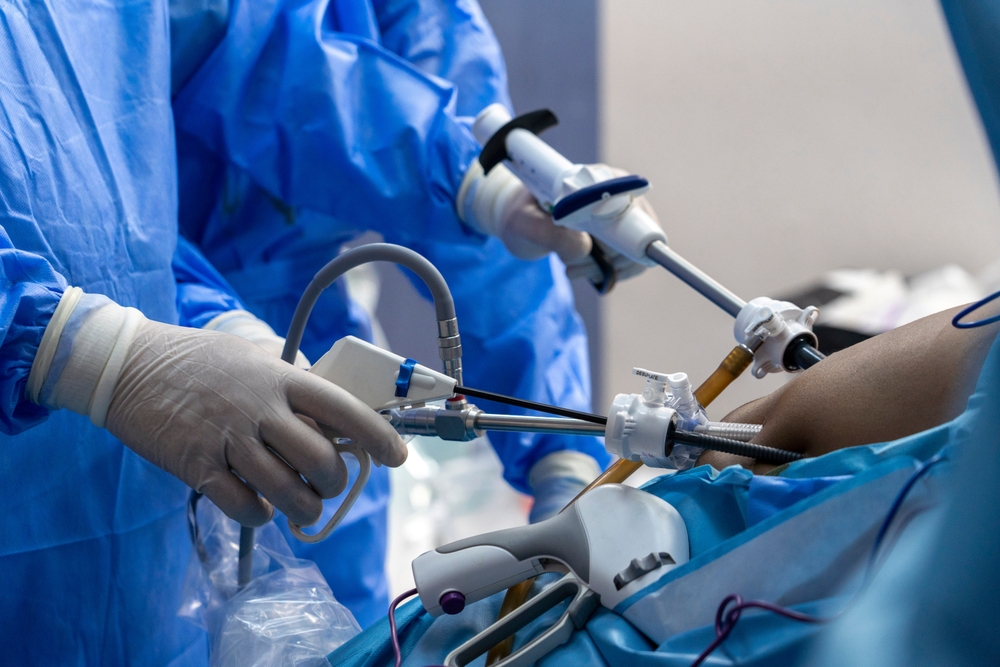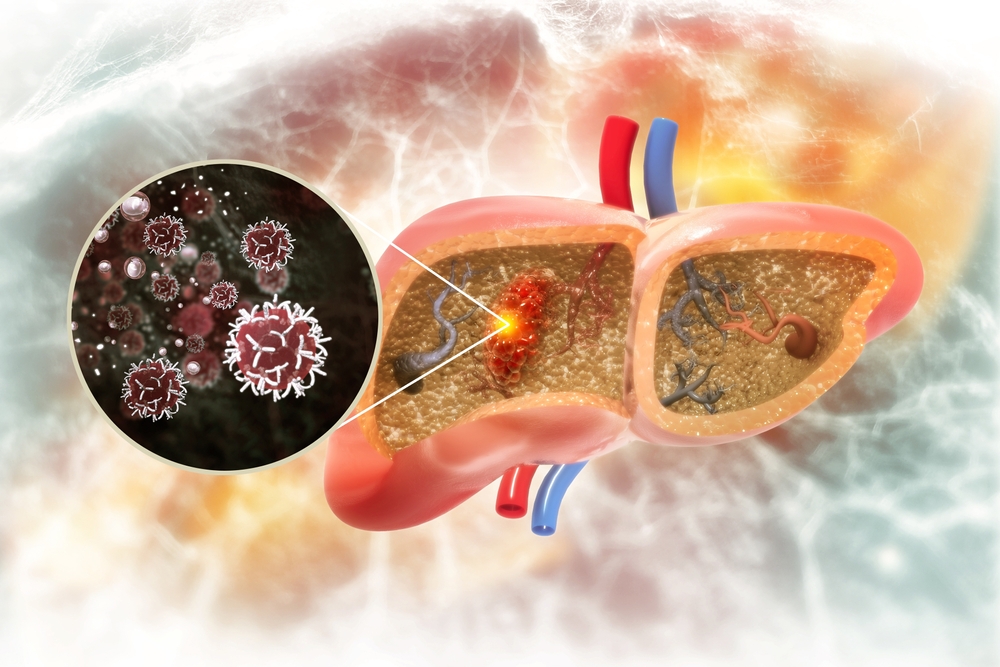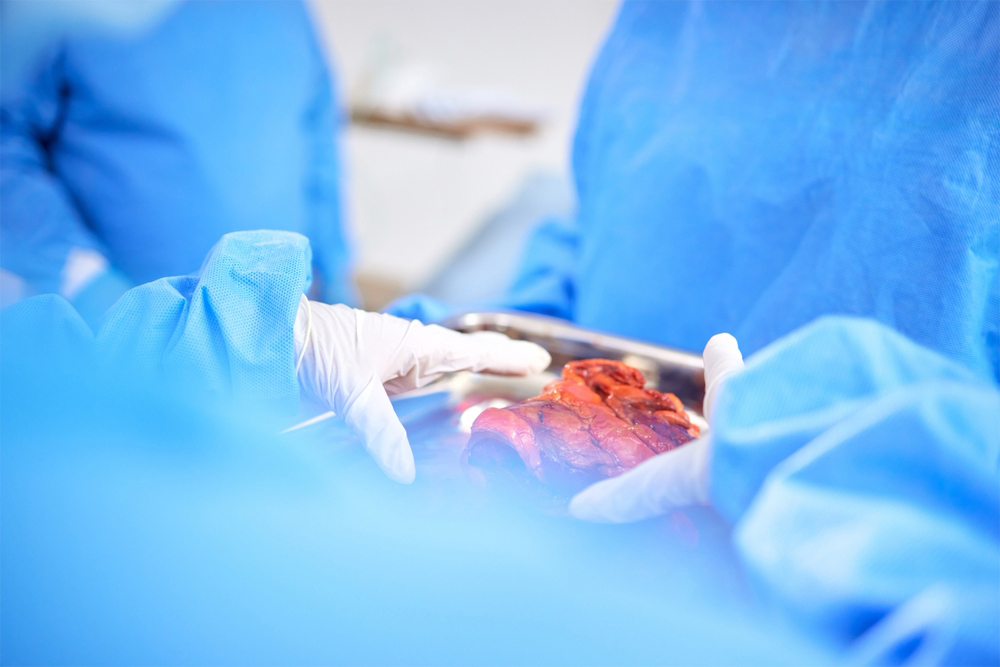Intermittent Fasting Is an Effective Way to Reverse Fatty Liver Disease

In an interview with the Fatty Liver Alliance, Dr. Jason Fung, a nephrologist, bestselling author, and co-founder of The Fasting Method, discussed the growing prevalence of metabolic dysfunction-associated steatotic liver disease (MASLD) and the role of diet and intermittent fasting in reversing it.
Bariatric Surgery Lowers Mortality and Heart Risk in MASLD Better Than Medications

A recent multicenter study of more than 8,600 patients with metabolic dysfunction-associated steatotic liver disease (MASLD) found that bariatric surgery is associated with lower five-year mortality.
MASLD: Sharp Increases in Liver Disease Deaths by 2050

This decision analytical modeling study projected the long-term clinical burden of metabolic dysfunction-associated steatotic liver disease (MASLD) in the US adult population from 2020 to 2050 using an agent-based state transition model.
Sequential NIT Screening for MASH Reduces Biopsies and Costs

This study evaluated the diagnostic performance of non-invasive tests (NITs) like the FibroScan-AST (FAST) score, LSM-VCTE, FIB-4, and NFS for screening metabolic dysfunction-associated steatohepatitis (MASH) in clinical trials.
Efruxifermin Shows Promise in Treating MASH, Targeting Liver Scarring

Efruxifermin, an experimental drug mimicking fibroblast growth factor 21 (FGF21), is being investigated in phase 3 SYNCHRONY trials for the treatment of metabolic dysfunction-associated steatohepatitis (MASH).
Challenges of Liver Transplantation for MASLD

Liver transplantation (LT) for metabolic dysfunction-associated steatotic liver disease (MASLD) is challenging due to high comorbidity rates, including obesity, diabetes, and hypertension.
Genetic Risk Factors for NASH-Related Hepatocellular Carcinoma

This study aimed to identify genetic risk factors driving the progression from non-alcoholic fatty liver disease (NAFLD) to non-alcoholic steatohepatitis (NASH) and then to hepatocellular carcinoma (HCC).
MASH Risk Guide for At-Risk Patients

This guide is designed for patients at risk for metabolic dysfunction-associated steatohepatitis (MASH), formerly known as non-alcoholic steatohepatitis (NASH).
NASH Becoming Leading Cause for Liver Transplantation

Nonalcoholic steatohepatitis (NASH) is rapidly becoming the leading indication for liver transplantation in the US. However, patients with NASH face significant barriers to care, including challenges related to weight loss, which is often required for liver transplant eligibility.
Study Develops Noninvasive MASH Dx Score

A study aimed to develop a noninvasive tool to diagnose high-risk metabolic dysfunction-associated steatohepatitis (MASH) using proteomics-derived serum markers and clinical variables. In the discovery phase, a multi-protein predictor was created using SOMAscan proteomics to quantify 1305 serum proteins from 57 US patients.

